Let’s Stop "Shoulding" Ourselves: An Alternative New Year's Resolution
We are bombarded with dieting messages this time of year, and New Year’s resolutions often include what we “should” do: start a restrictive diet, join a gym, and “shed some weight.” However, we know from research that heavily restrictive diets usually don’t work, and it’s so common for guilt and shame to set in after another unrealistic weight-loss-related goal has inevitably failed.
We often become trapped in the “should” mindset, driven by societal norms and external expectations or what we think will gain the approval of others. Humans are social beings; we rely on our communities for survival and, therefore, have an innate drive to belong. We often think that if we are a certain way, accomplish specific goals, or conform to some standard of success, we will be accepted and good enough. However, these “shoulds” can harm our mental and emotional well-being and steer us away from acting in line with our values and from what is actually important to us.
“Should” implies judgment and comparison, creating unnecessary pressure and feelings of inadequacy. It easily leads to feelings of guilt, shame, and self-doubt when we inevitably fail to meet these real or imagined expectations. Even if these expectations were grounded in our own beliefs and values, shame and guilt are shitty motivators and, therefore, most often not effective ways to inspire future action and change.
When we stop focusing on what we “should” do or be, we interrupt the “should” and are often confronted by the “why.” For example, if we think we “should” be a specific size or weight, we may be filled with feelings of guilt and shame about our bodies, which makes life more uncomfortable and isn’t even motivating if weight loss were the goal. Instead, if we focus on the why of the specific “should” and start to look closer at where those thoughts are coming from, we can work towards things that actually matter to us.
New Year’s resolutions are often rooted in unrealistic expectations and societal pressures. I encourage you to ask yourself: What would happen if I resisted some of this pressure? What would it feel like if I stopped “shoulding” myself?

